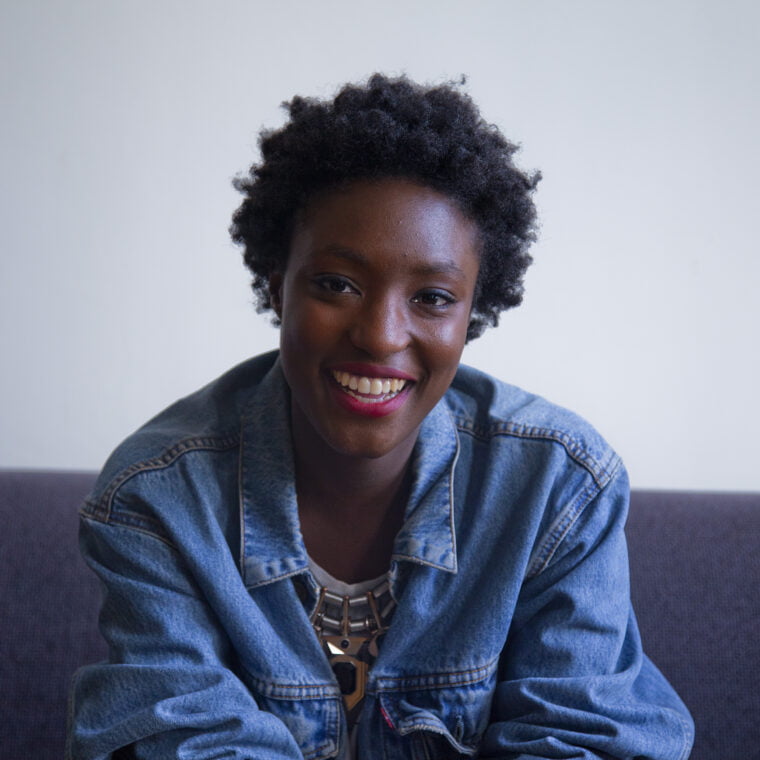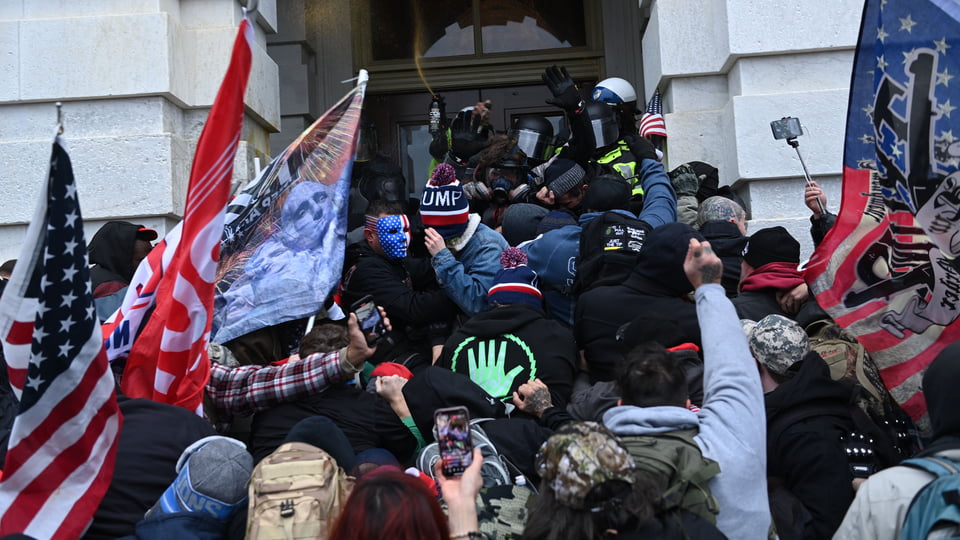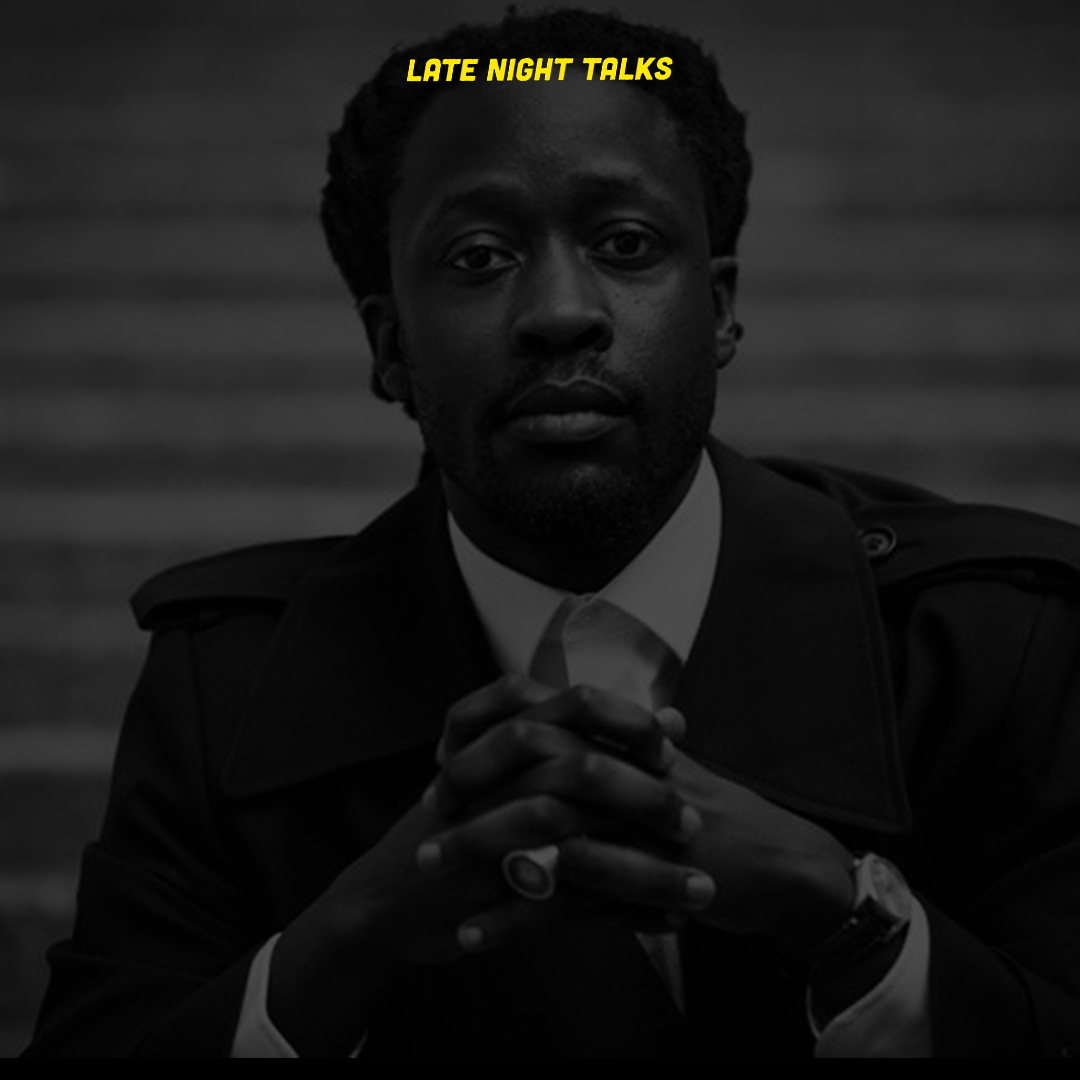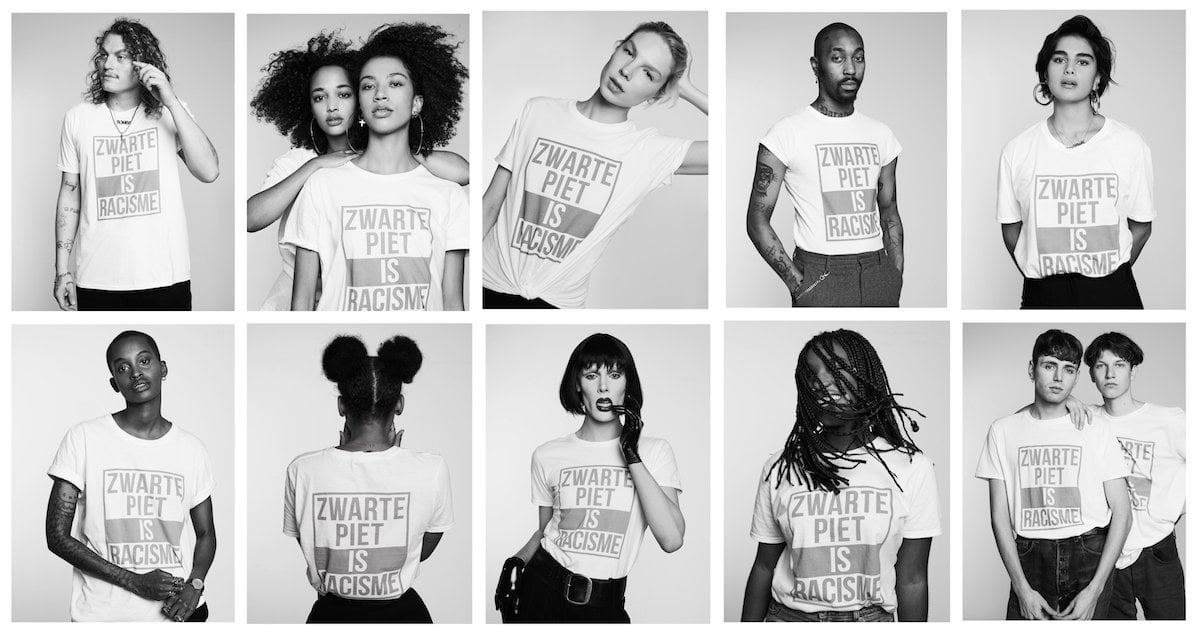Our culture is varied and miscellaneous, it is a product of a diverse continent, which creates a talented population, that today lives and works in Africa and the African Diaspora. The music, art, literature and cultural practices have triggered interest and respect throughout the world. Characteristic African fabrics are hot fashion items; Fela Kuti, has been reintroduced as the “Bob Marley” of Africa; Author Chimamanda ‘s texts are sampled in the music of queen B herself and Lupita Nyngo is an Oscar winning fashion icon. Result? Africa and its cultural resources are trending. But what does the world really know about this eccentric culture?
Last year Mister Bob Geldof and his band of stars re-released 1980’s charity hit and tried to save Africa from famine and Ebola and for unexplainable reasons Geldof thought his song “Do They Know It’s Christmas” would raise enough money to save Africa. Yes we do know when it’s Christmas, As Abdullahi said in an interview for Al Jazeera:
“According to some estimates, the Christian population in Nigeria alone is almost three times the number of Christians in England and Wales. How couldn’t they know it’s Christmas?”
For years we have been fighting against a strongly rooted image, mainly because of our history of being subjugated, but mostly fueled by images of sick babies with big bellies and flies on their poor sad faces. Let it be exactly that image that I want to change with Alkebulan.
The Alkebulan Project is here to say: we got this! We have managed to be one of the fastest growing markets of the world, plus we have our own set of groundbreaking, trail- blazing, cutting edge stars. Have you seen what Fuse ODG and P Square have brought to the world? I could bet my live on it that 1 out of 10 knows how to do the Azonto. Or lets talk about revolutionary indie vocalists like Fokn Bois, Delasi and Naomi Wachira. And lets not even start talking about African comedians, like Ikenna Azuike with ‘What’s Up Africa’ and Trevor Noah, who by the way is going to succeed Jon Stewart as host of ‘The Daily Show’. Why not talk about the success stories for a change? Save us with African productions, support the many songs and initiatives from Africa. I felt like people were trying to stay relevant or gain social sustainability and goodwill by creating charities for saving Africa and in that way using Africa as a PR tool. We got this! I believe that with Alkebulan we can save ourselves, we will showcase our own productions, our songs, our art, our fashion and different kinds of initiatives and use ourselves as a great PR vehicle.
To be frank, Nigeria dealt with the Ebola outbreak like a boss. Yes, in the affected countries Ebola has been harsh and devastating, but can we for once when talking about this huge continent of 54 nations, say something positive? By constantly repeating how helpless we are without our Western saviors, we as a continent, will never grow up and the world will never see us as grown ups. We keep on going back instead of moving on and trust me we have made mayor steps. It’s a vicious circle that keeps going on and on. In order for us to grow we need economic stability, we need tourism, we need people to actually visit our beautiful continent and actually see the 54 nations the media keeps talking about.
“Yes, there are a lot of racists. No, they are not all white. Be- tween and within ethnic communities is a form of racism, an occurrence that gets little attentiveness.” Tofik Dibi.
In the meantime, while we try to persuade the media of the importance of the positive reporting of Africa or the correct way to report about Africa, we Africans need a lesson as well. We should start doing it ourselves too; we need to support our locals; we need to help our locals and love our locals too. Say no to Afrophobia. We have a way of discriminating each other because one is darker than the other. Do not get me started on black on black crime for example in America or the hatred between the Amazigh and Arabs in Morocco. The need to divide and eventually kill one another is incorporated in our system. Look at what happened in South Africa recently. It’s a wrong system and we need to change that system. In order to force the change we want from others, we need to change ourselves.
“The seeds he planted are bearing fruit in your lives. Rhodes does not turn in his grave, he is smiling jubilantly, to see the seeds of hate he planted sprout.” Mighti Jamie.
So while everyone is pointing out Geert Wilders, we should not forget to correct the racist within ourselves. This project is about the correct way of accomplishing culture exchange. We are of course grateful for the help that has been given over the years and the growing love for our culture, but in order to have successful culture exchange, which I’m trying to accomplish with this project, people need to understand where we come from.
“The line between culture appropriation and culture ex- change are always going to be blurred but here’s the thing, appropriation occurs when a style leads to racist generaliza- tion or stereotypes, but is deemed as high fashion or cool or funny when the privileged take it for themselves. Appropria- tion occurs when the appropriators is not aware of the deep significant of the culture that they are partaking in.” Amanda Stenberg
Secondly this project is about Africans or Africans from the diaspora creating a platform for us. Simply said Africans who like Africans that like westerners that like Africans. I want Africans to read this and be inspired, I want the west to read this and support it, I want the east to feel invited and create something like this about their culture and eventually
I want people to just accept each other for who they are and for what they believe in. That song, the media when report- ing about Africa, the hatred amongst Africans or Africans in the diaspora, the copying of African culture, afro American culture or any culture for that matter without knowing what it’s really about, will fuel the stigma and increase the problem. Not only do we scare people to come to Africa, we scare the future generation. They become hopeless, if the people that are leading our countries now, political wise, business wise and even celeb wise can’t even make a change why would the next generation inspire to become like them? They will inspire to be something they will never fully be. To end this epilogue a quote that sums up the importance of Alkebulan:
“We have to recognize that culture used to flow through sto- rytelling, and now it flows through media. So within the continent, we want to have images that African children can grow up with that look like them and have names like them and neighborhoods that look like theirs that they can identify with. Thirty to 40 years down the line, when they’re doctors and lawyers and presidents, the positive associations they have with the characters will be real parts of their identities.” – John Agbaje



